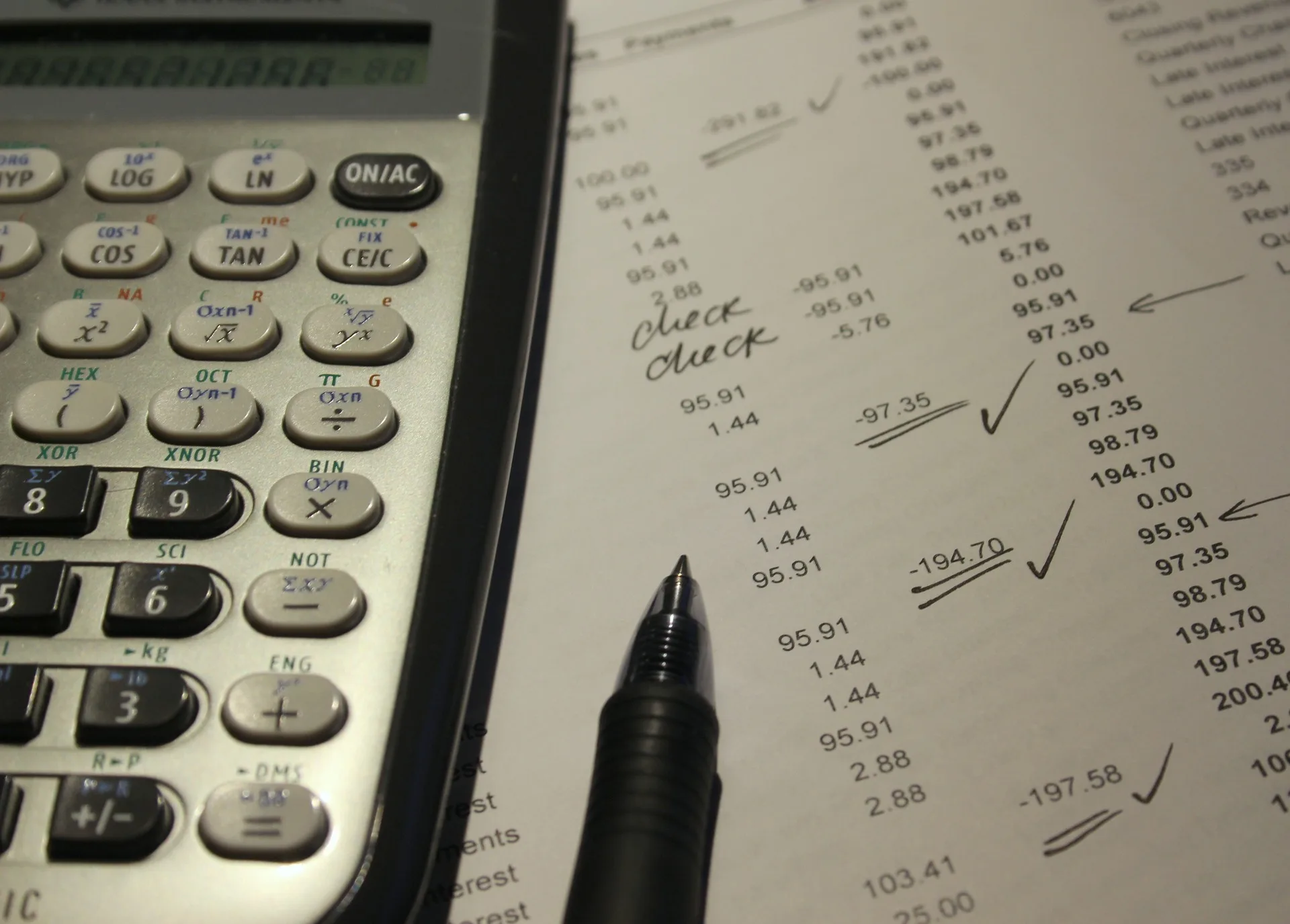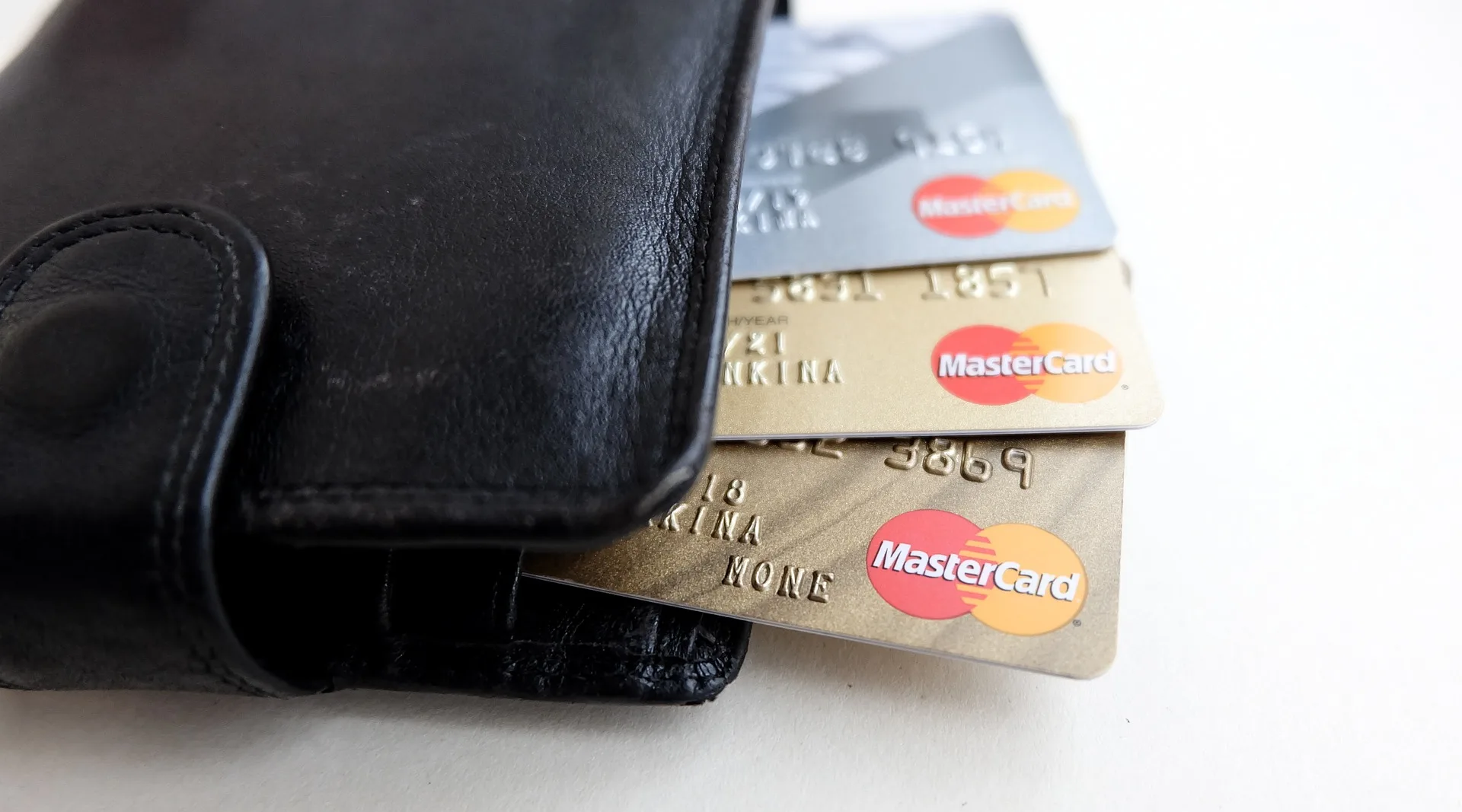Am I credit card ready?
Here is an adulting question everyone in their early to mid-twenties are probably asking themselves. After all, I feel that the mainstream media has taught us from a very young age that being an adult means riding into the sunset with a cigarette in hand, strutting down NYC’s streets with high heels on, and going shopping in luxurious stores and saying, “Put it on my card please.”
Credit cards and adulthood are inseparable, and it is not just pop culture that dictates so.
More than for show, credit cards have a more practical use in the financial aspect of a person’s life. They serve as a credible source of information whenever financial institutions want to look into an individual’s money-spending tendencies (read more). And of course, their ability to pay their loans back on time. We call this a person’s credit history from which their credit score is derived.
What Is a Credit Score?

A credit score is the numerical representation of a person’s financial accountability. It consists of three digits that often range from 300 to 850. The lower extremes denote bad credit behavior, and the higher extremes indicate excellent credit behavior. If your score is somewhere in between, financial institutions may regard this as “fair” but also high risk so there is a high possibility of bigger loan applications getting denied.
To be considered as someone with a healthy credit score, you should at least fall around the 700 marks. This tells financial institutions that you are financially responsible and know how to pay back money you owe on time, the majority of the time.
So now, you are probably thinking “I should not get a credit card, after all. A credit score cannot go down if I have never borrowed any money in the first place.”
Well, contextually speaking, you are not wrong. It is not going to go down because there is nothing there to go down, which is a bigger problem. Without a credit score, you are basically non-existent in the historical records of financial institutions, which makes you an even bigger risk as a client.
So, when the time comes that you need to loan money, be it for mortgaging a property or buying a new car, there is nothing for the bank to even consider. It will likely be an instant no – unless you have something substantial to use as collateral.
If you think about it in the long term, it is a lot more advantageous to build a healthy credit line. This is especially true when you are an adult, and you have more financial responsibilities compared to before. You are probably thinking of buying a house or a car, starting a business, or even buying rental property. All of which would be extremely hard to achieve without good credit standing and financial institutions backing you up for big purchases.
Long story short, a healthy line of credit is necessary for any financially responsible adult who has big life goals to achieve. And to achieve an excellent score, you have to start building good credit as early as possible. Fortunately, we live in an age wherein finding kredittkort info is easier than ever. The application process is smooth and fast, too.
Before you get ahead of yourself, however, you first need to make sure that you are credit ready. The reason for this is simple: Credit cards can financially disable you if you are the type of person who cannot handle them properly. Here is a short test below to see if you are financially responsible enough to apply for a credit card.
The Credit Card Test

What we have here is a set of questions that you should be asking yourself before you apply for any credit. This should help you understand your credit tendencies better and see what areas you need to improve on before taking on a new financial responsibility.
1. Am I Earning a Stable Enough Income?
The very first thing that you should ask yourself is if your current income is substantially supporting you. This means that you are able to cover food expenses, travel, groceries, utility bills, and rent with your current income. If you are financially lacking at the moment, a credit card will not solve your problem – it might actually make it worse. You might get tempted to use your card to supplement your lack of income which can eventually lead you into a debt spiral pretty fast.
2. What Is My Primary Intention for Getting a Credit Card?

The next question is for you to really think about why you intend to apply for a CC now. Do you want to take advantage of the perks and run purchases via your card to maximize its rewards system and at the same time boost your credit? Or are you trying to get a line of credit to cover daily expenses as mentioned above? Credit cards have a load of benefits and exclusive perks for their users, but they can also become another source of financial trouble for the undisciplined.
3. Do I Have Any Outstanding Debt That Is Not Credit Card Related?
Another thing you have to consider is whether you are already in some kind of debt – like student loans, for example. Existing loans that you have, depending on how well you have kept up with them, will likely affect your future credit applications so listing everything down that you can classify as debt should be one of the first things you do before applying.
4. What Is My Current Debt to Income Ratio?
Once you have your debt and liabilities accounted for, you should consider your debt-to-income ratio. How much in debt are you versus how much are you bringing in per month? This would help you get a better idea of where your finances are and if now is a suitable time to open a line of credit.
5. Based On My Personal Relationship with Money, How Likely Am I To Run into Issues with Paying Back My Credit Card?
Lastly, you should do some self-reflection – and be honest about it. You are the only person who would know yourself best and you have to look at and recognize your own patterns. How are you in terms of handling borrowed money? How disciplined are you to pay back what you owe? Are you in any capacity financially, physically, mentally, and emotionally to have a line of credit to be responsible for?
This may seem like no-brainer questions to some, and that is good. But believe me, there are people who struggle with their finances out there because they do not have a single clue on what financial literacy is or they are at a place in their life where their basic need to survive outweighs their sense of responsibility. This is definitely a whole other topic we can delve into at a later date. In the meantime, you can read more here: https://finlit.yale.edu/planning/understanding-credit-cards.
So, have you been able to answer these questions for yourself? What question took you longer to answer? Are there questions that you cannot answer at all? If you are still not 100% sure that you are credit ready based on your personal answers on this test, consult with people you trust and try to get their own perspective of you based on these questions. They might know some tendencies that you have that you may not be completely aware of yourself.
Stay money-savvy, good creditor!

